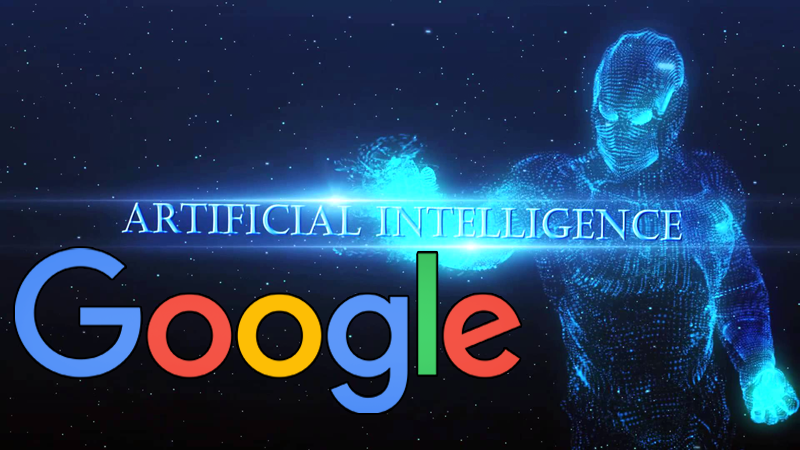Google has expanded the availability of its Cloud Healthcare API in a bid to improve healthcare interoperability and help providers drive insights from myriad sources of medical data.
Google’s Cloud Healthcare API allows healthcare organizations to collect and manage various types of medical data via the cloud, including Digital Imaging and Communications in Medicine (DICOM), Health Level 7 (HL7) v.2 and Fast Healthcare interoperability Resource (FHIR) standards.
This data can be fed through analytics and machine-learning programs so that healthcare providers can identify patterns that could help them improve patient care.
As Google notes, gathering a unified view of the multitude of data formats and inputs often poses a “herculean effort”, not least due to the highly fragmented nature of healthcare systems.
It is hoped that running captured data through AI and machine learning will identify patterns that could help improve patient outcomes, which is an issue that has taken center-stage as healthcare providers around the world scramble to react to the COVID-19 pandemic.
“We know that the pandemic is impacting every aspect of the healthcare industry differently, and that the needs of organizations are rapidly evolving,” Google said in a blog post.
“Our goal is to bring our technology expertise to bear in helping your experts—so that healthcare organizations can focus on providing the best care to as many people as possible.”
Google launched its Cloud Healthcare API in an early access release in March 2018.
The company has been working in partnership with the Mayo Clinic since 2019 to demonstrate how cloud-based AI technology could transform healthcare delivery.
Mayo Clinic has since been using Google’s Cloud Healthcare API to enable the storage and interoperability of its clinical data, Google said.
Dr John Halamka, president of Mayo Clinic Platform, said: “We’re in a time where technology needs to work fast, securely, and most importantly in a way that furthers our dedication to our patients. Google Cloud’s Healthcare API accelerates data liquidity among stakeholders, and in-return, will help us better serve our patients.”
The issue of interoperability remains a tricky subject within healthcare. Battles over data formats and ownership stymies efforts to join up healthcare systems and make patient data available to healthcare professionals whenever and wherever they need it.
In the US, inroads have been made recently through the passing of rules by Centers for Medicare and Medicaid Services (CMS) and the National Coordinator for Health Information Technology (ONC) to make it easier for healthcare organisations to exchange patient data, and for patients to access their own information.
Google said its Cloud Healthcare API was designed to scale and support interoperability and patient access.
It added that the COVID-19 pandemic had made the need for increased data interoperability more important than ever.
Elsewhere, the internet giant has been harnessing its mobile technology to aid the effort to track the coronavirus outbreak, notably through a partnership with Apple to bring COVID-19 contact-tracing to smartphones.
The first-of-kind joint effort will focus on the use of Bluetooth technology to track the spread and identify potential hotspots of coronavirus transmission based on location data.

